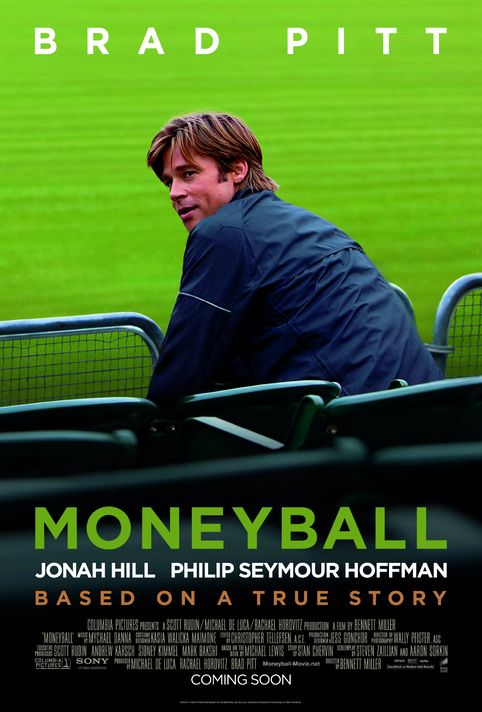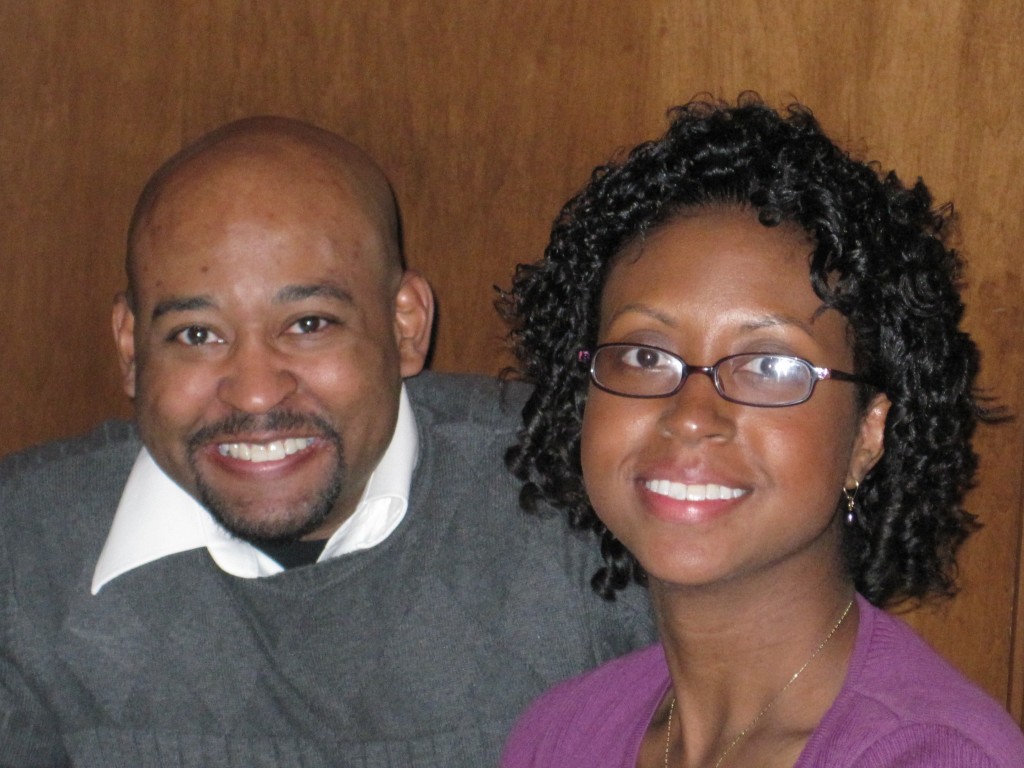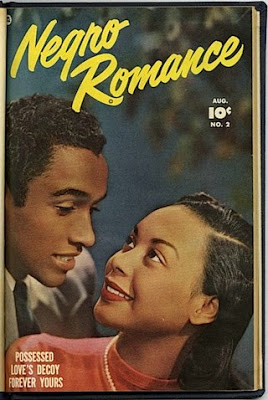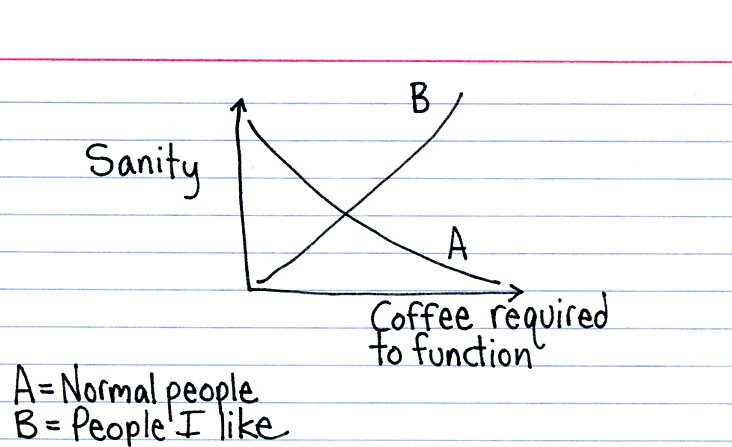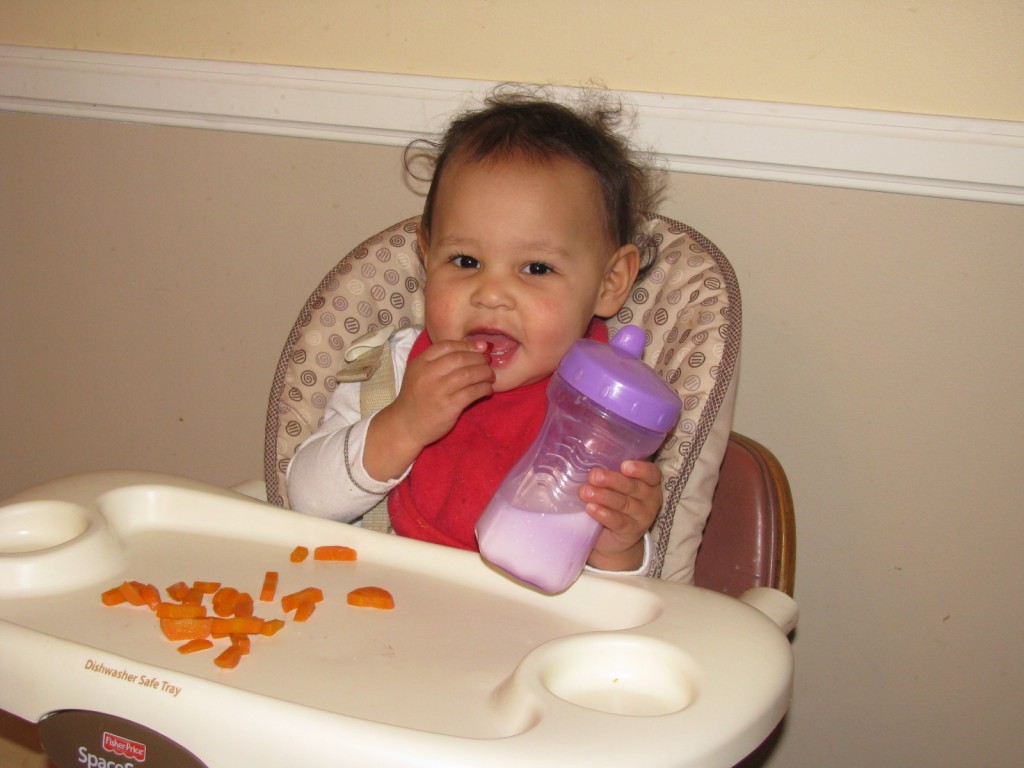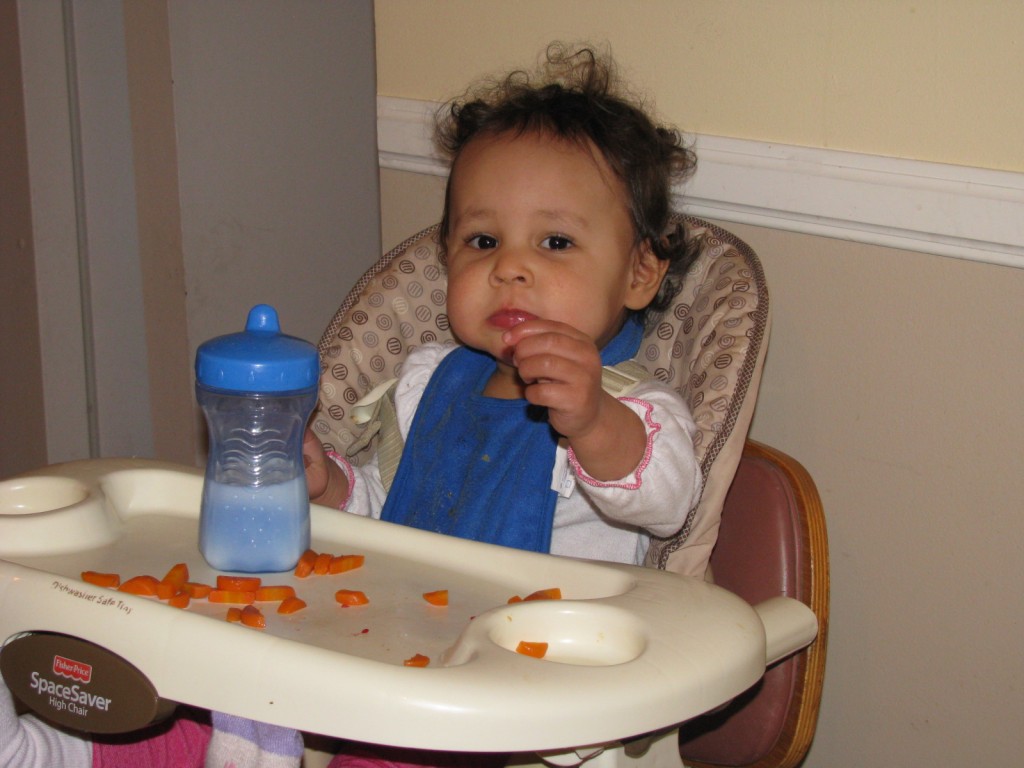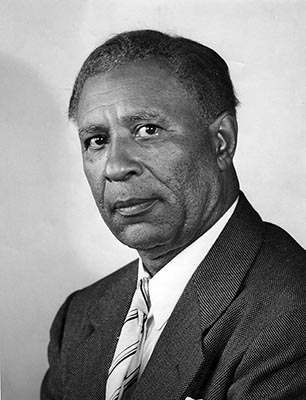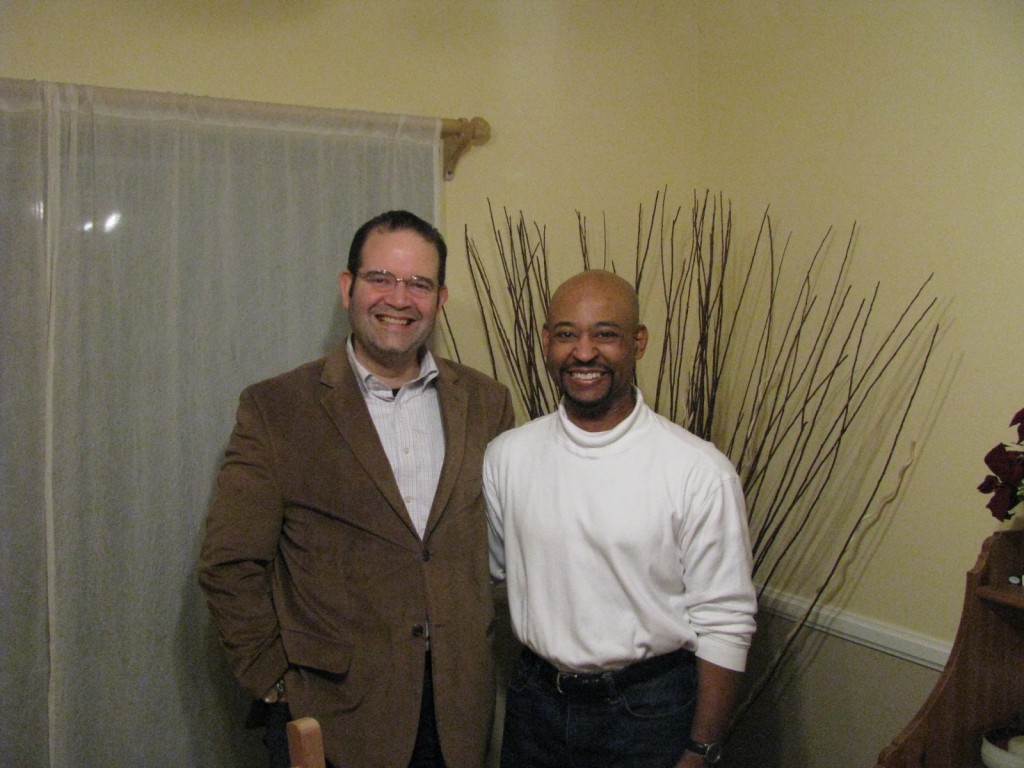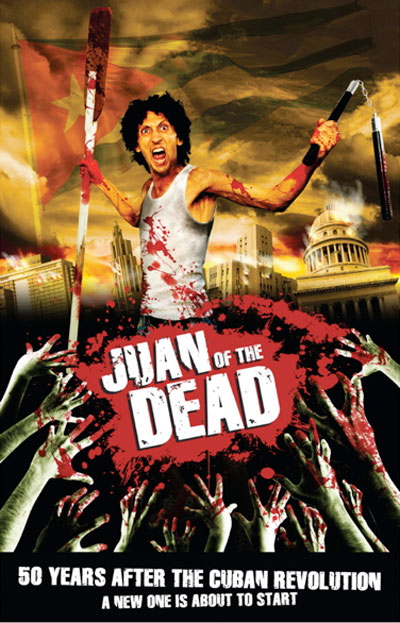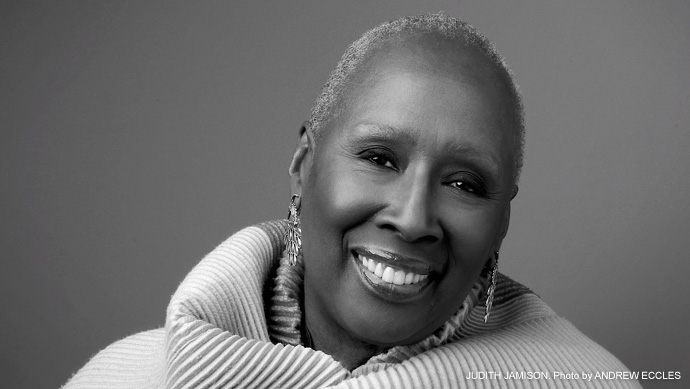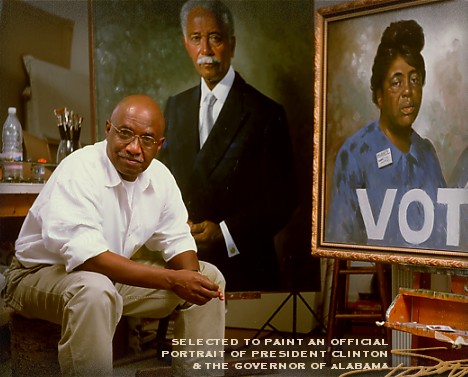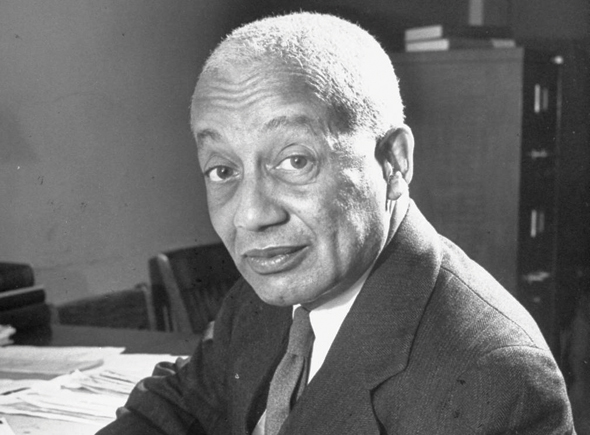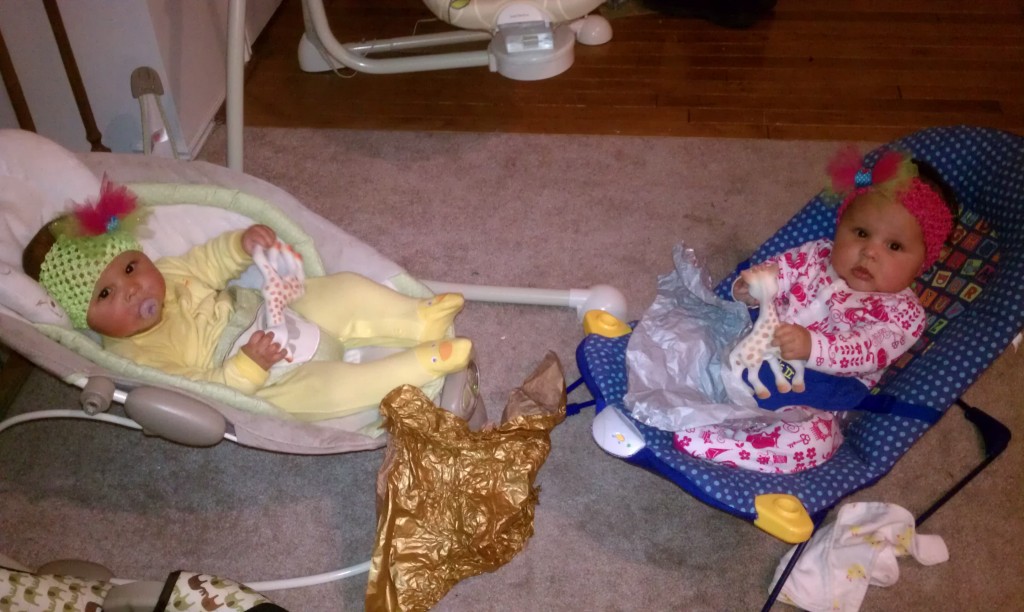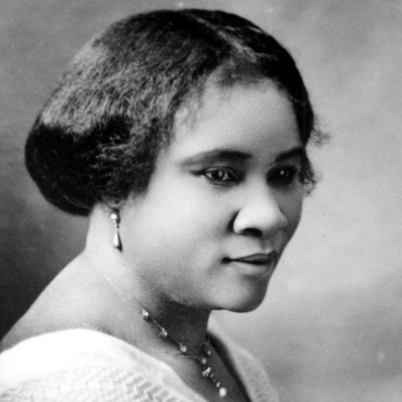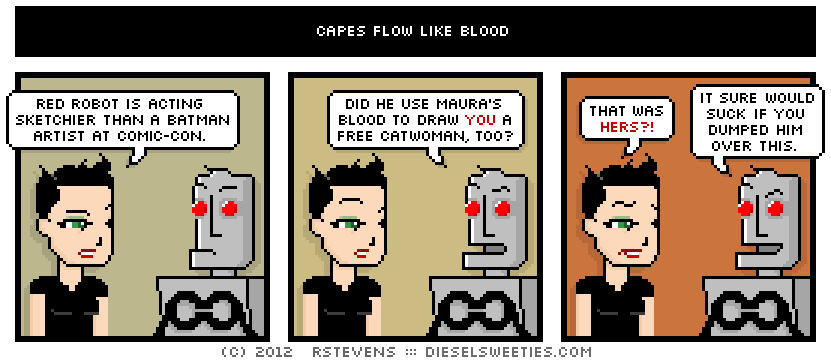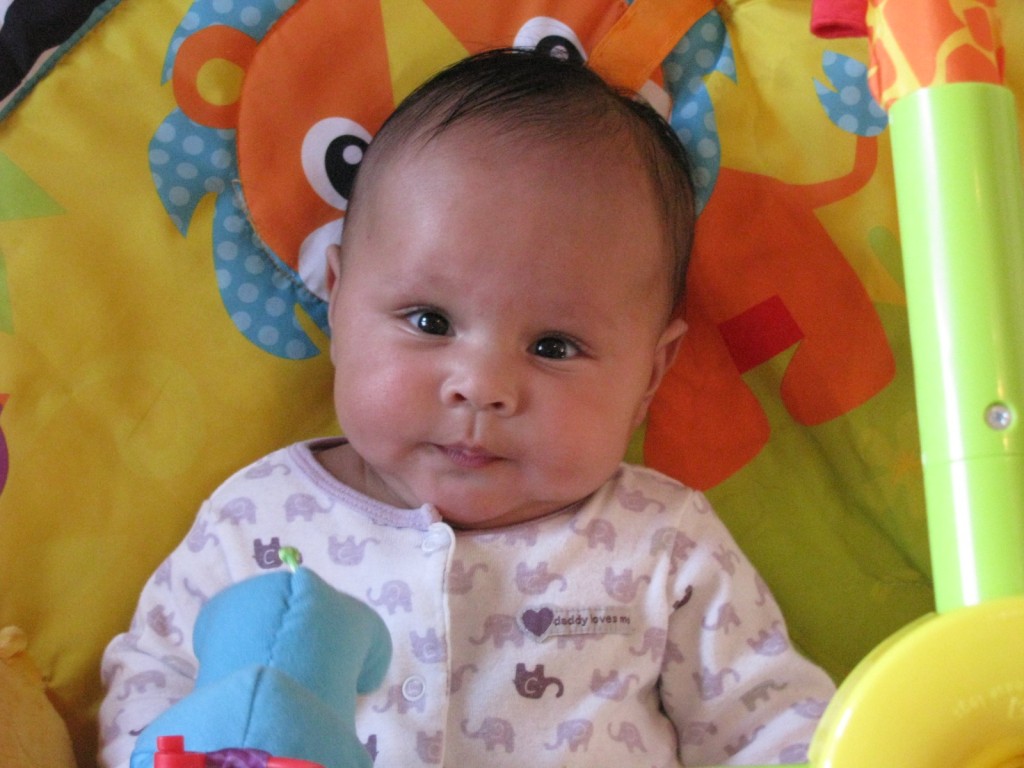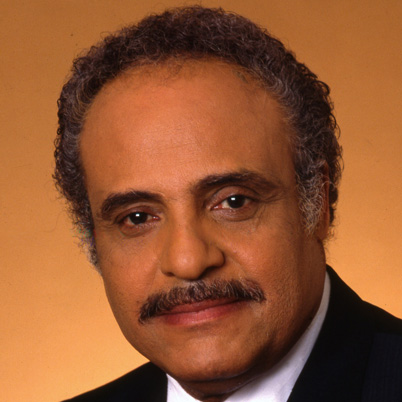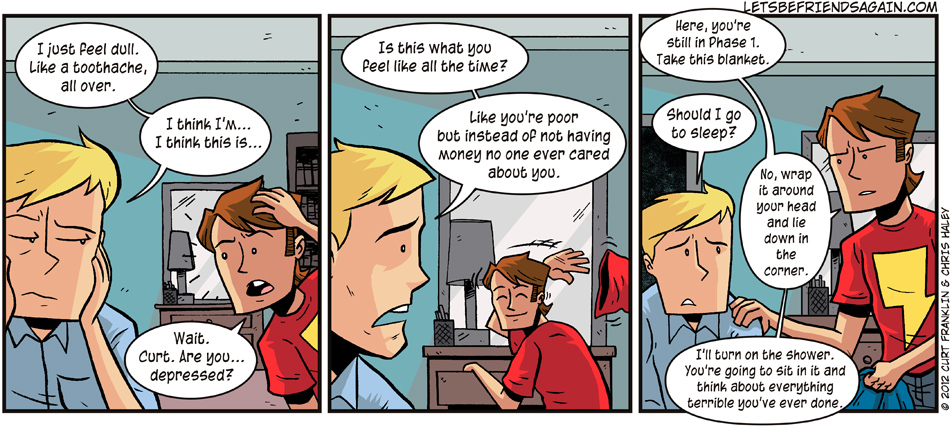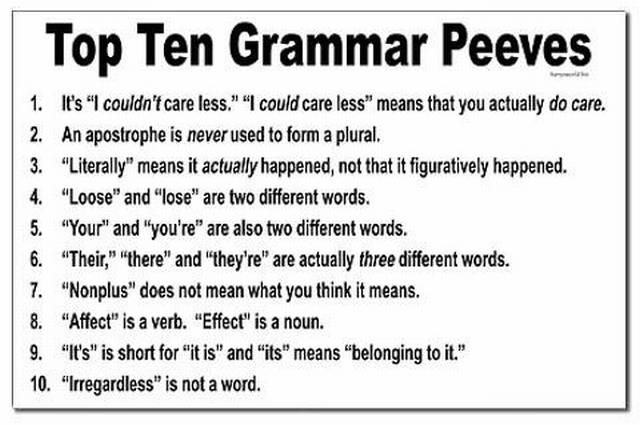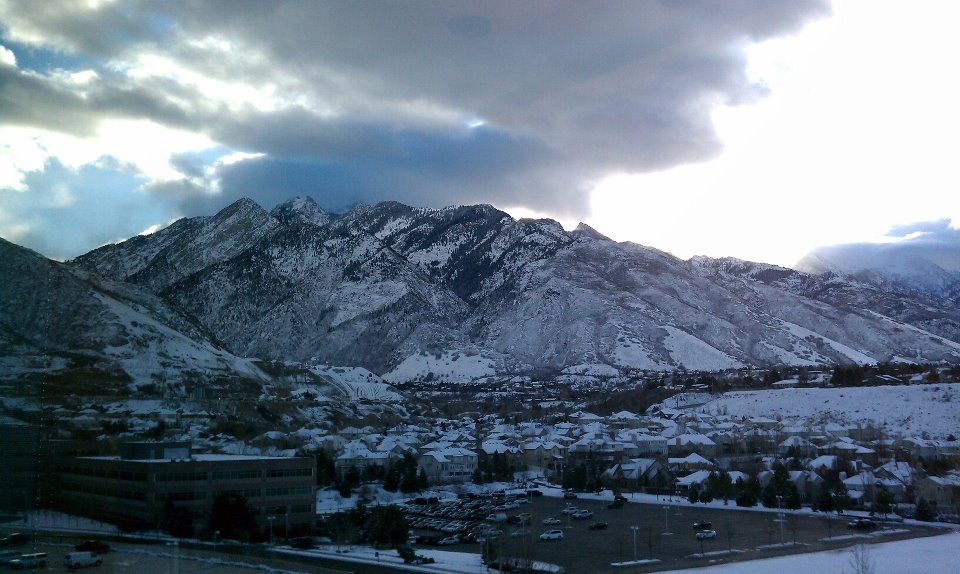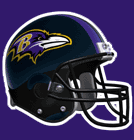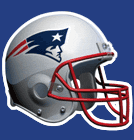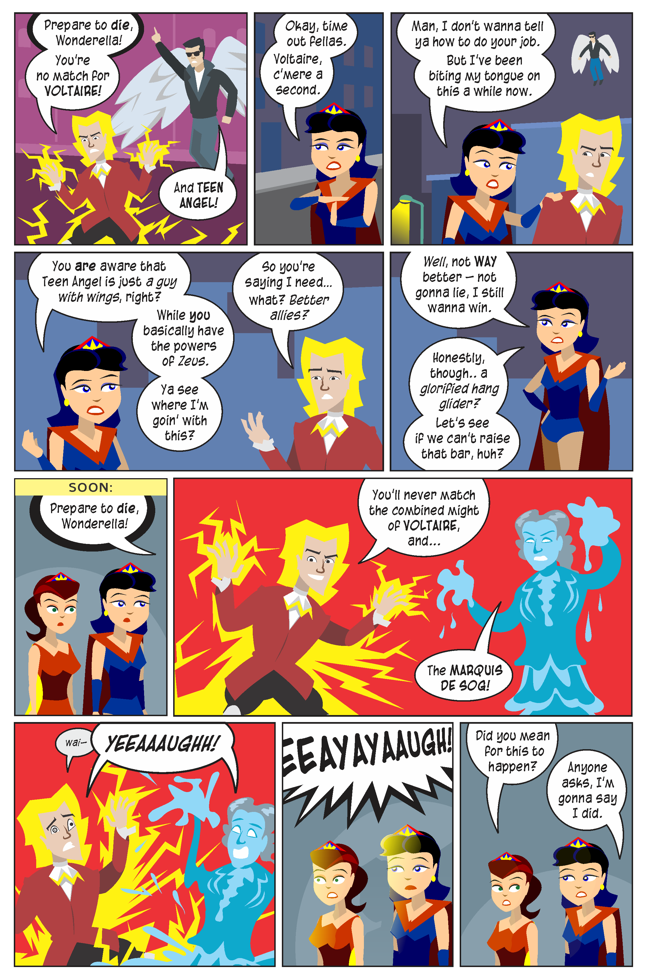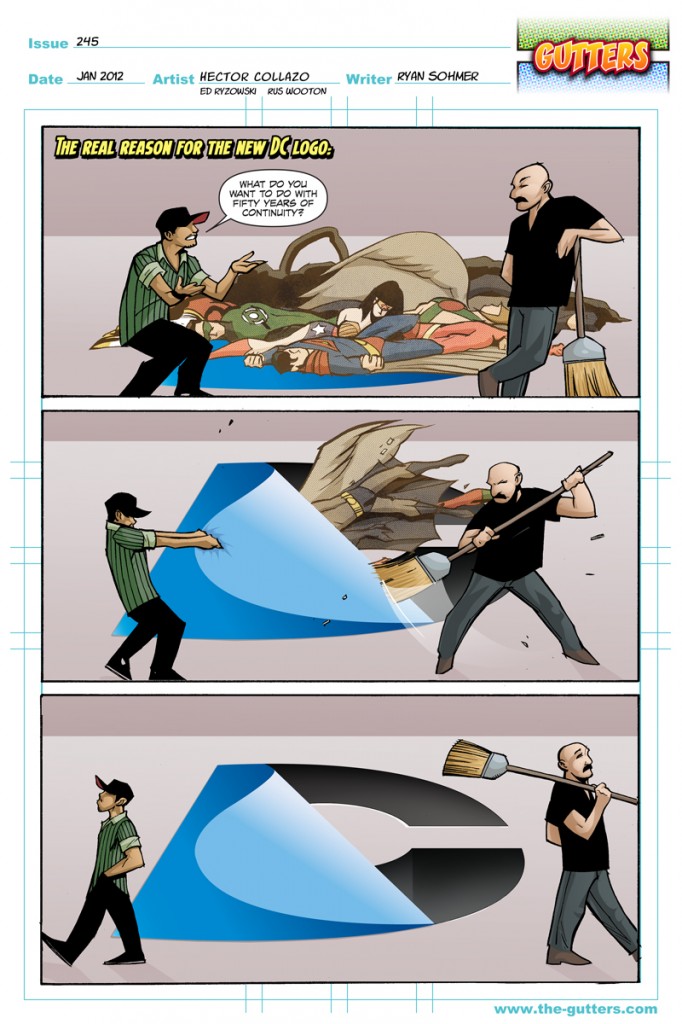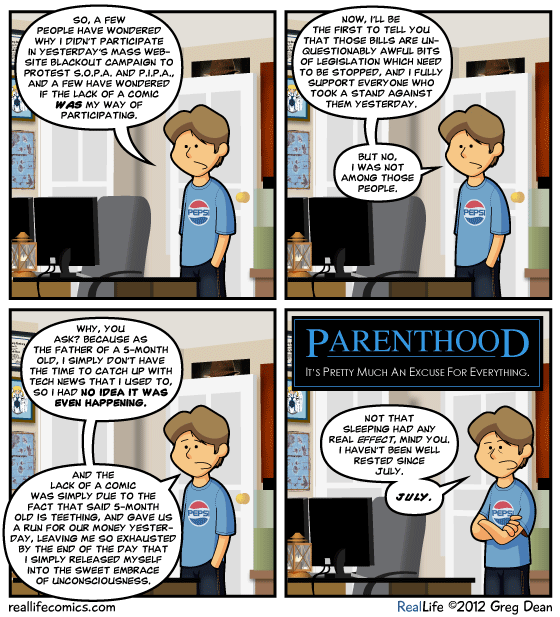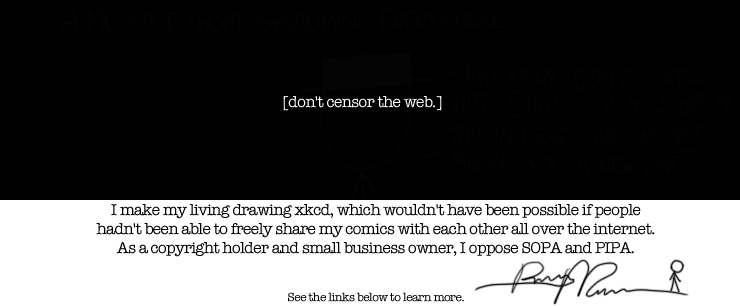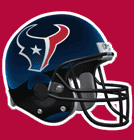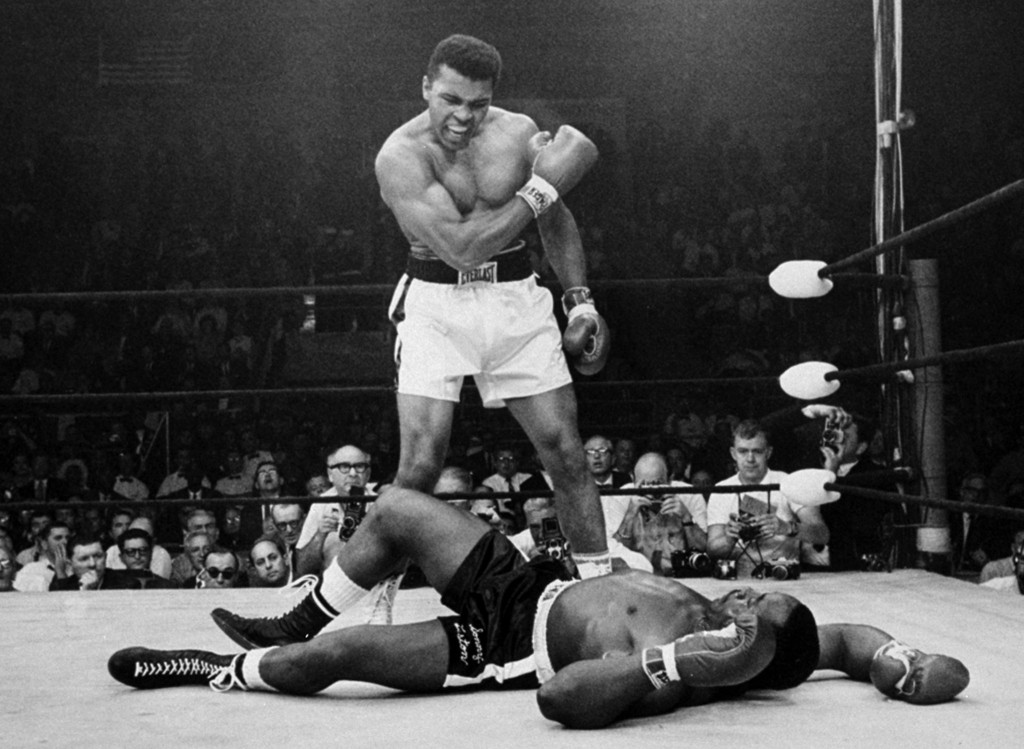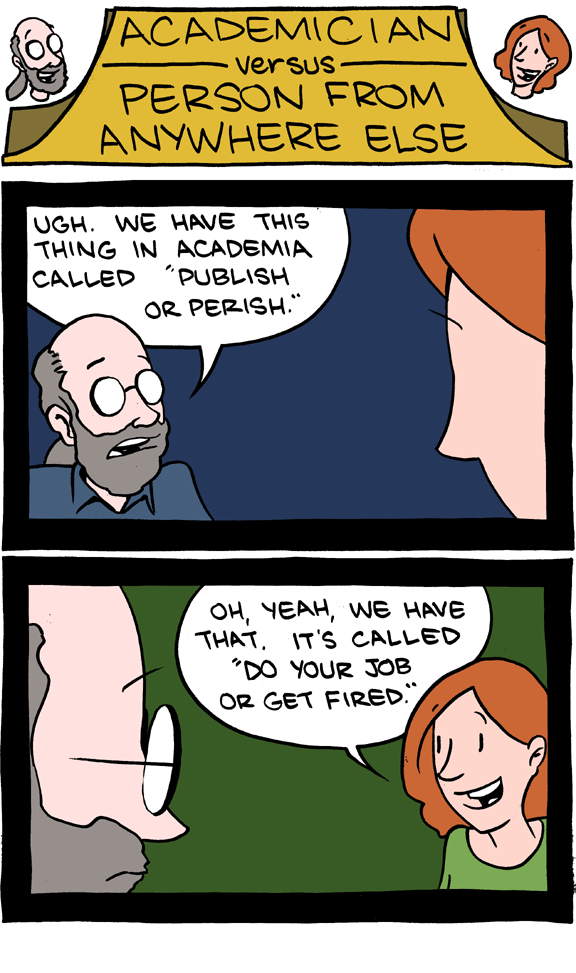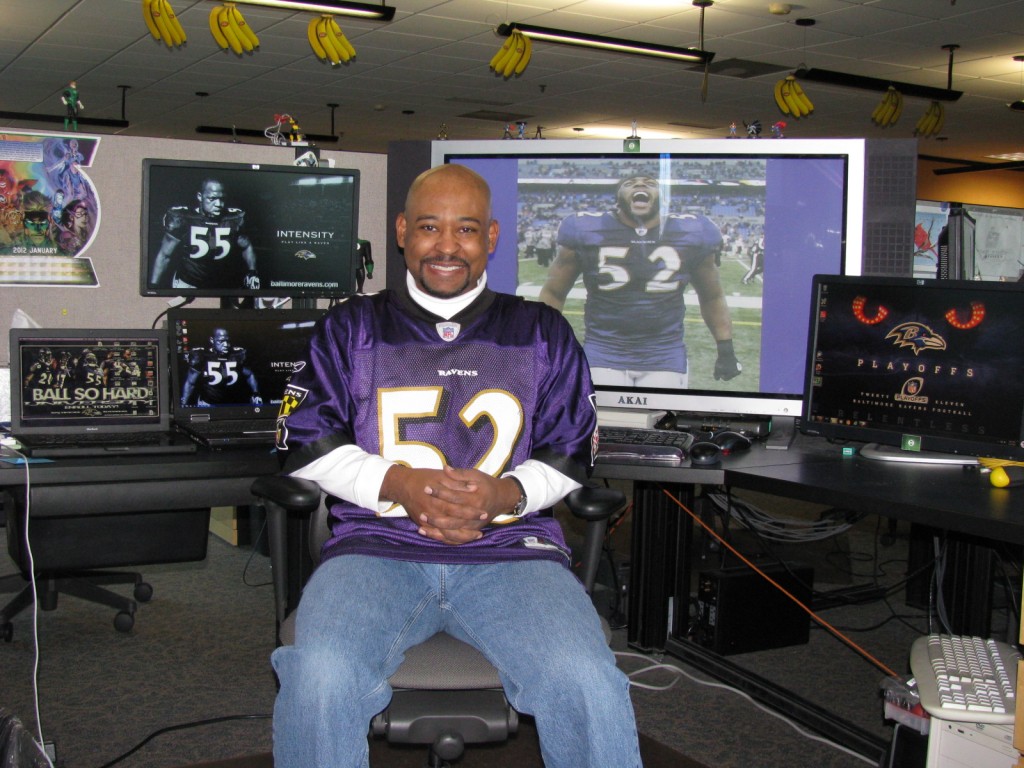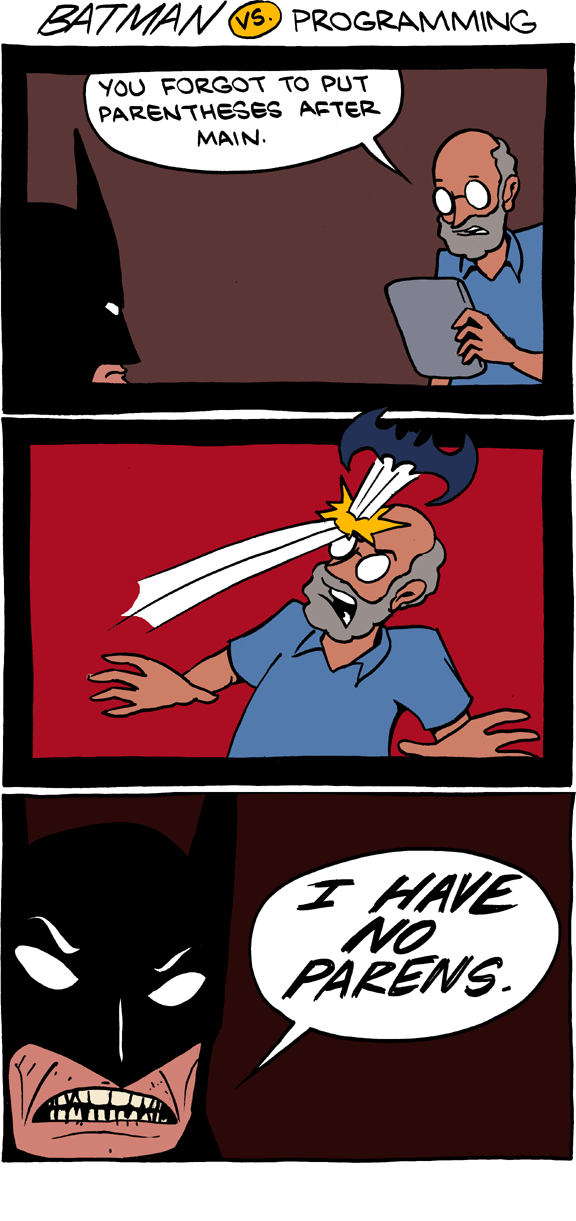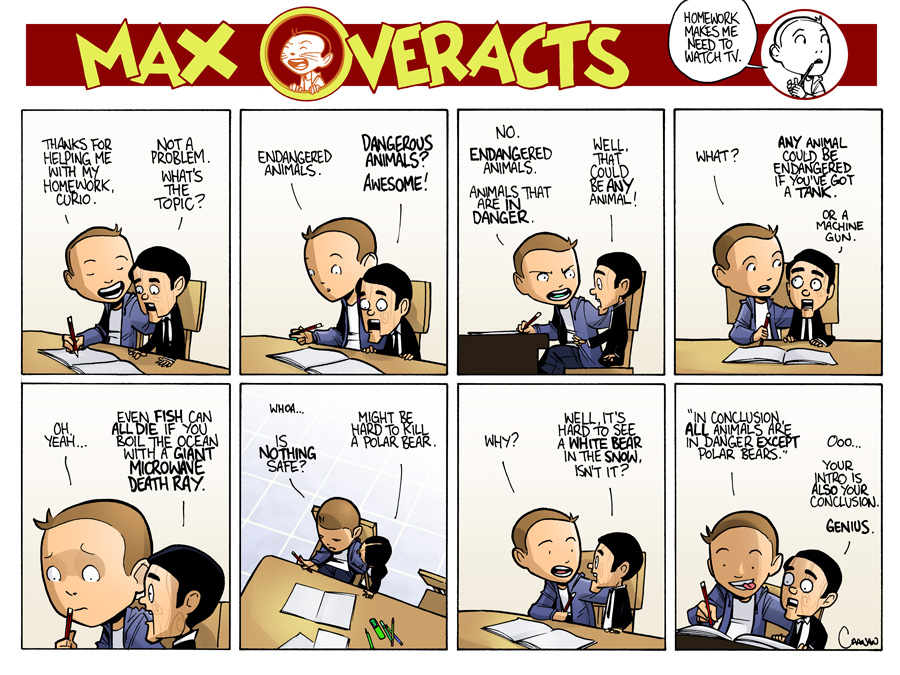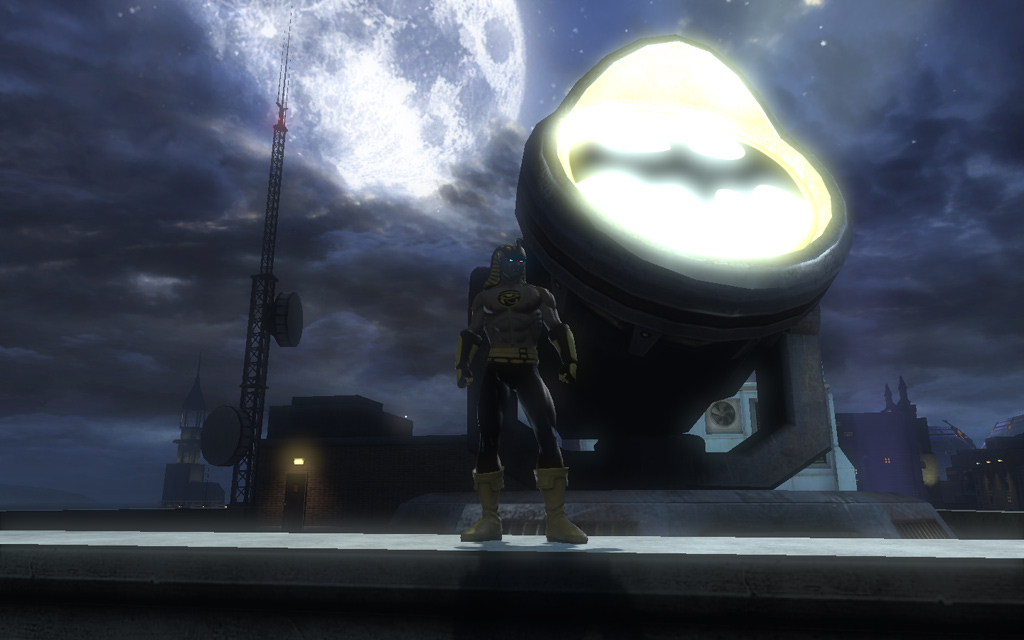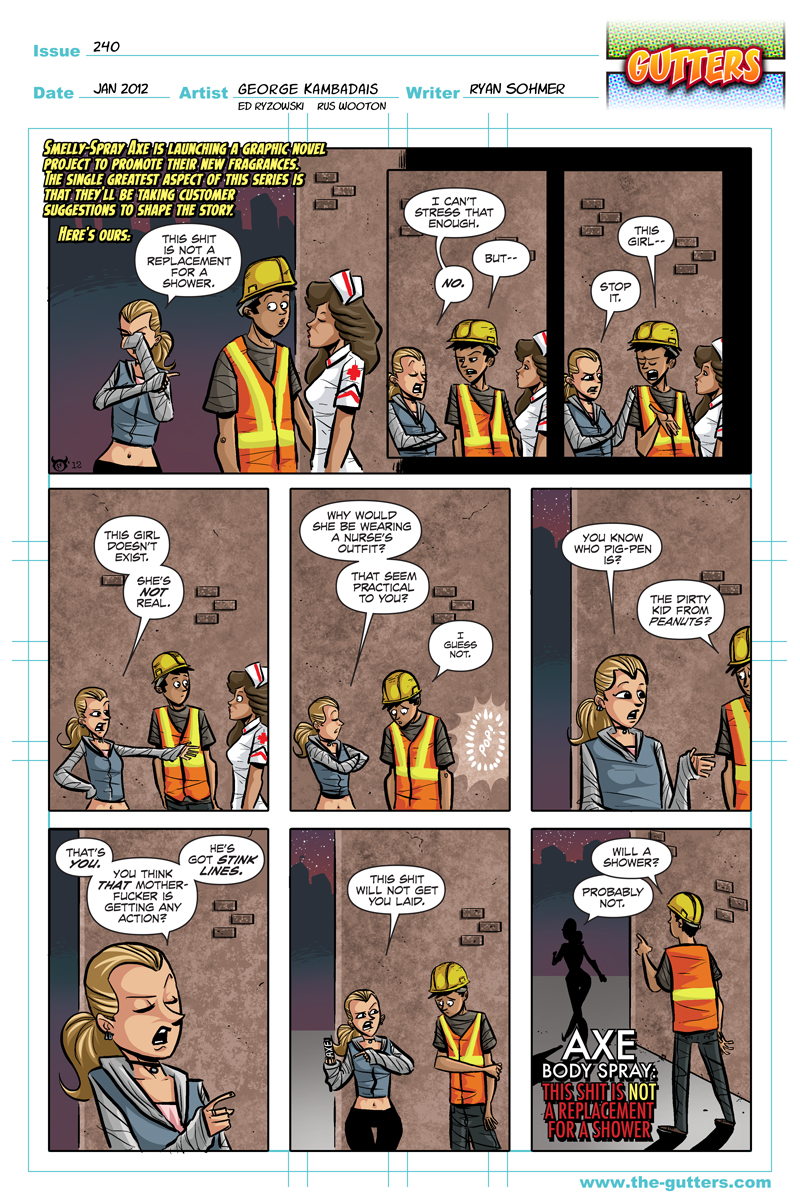Batter up!
baseball, books, business and economy, comics and animation, everyday glory, faith and religion, food for thought, games, geekery, health, history, kids, LEGO and Rokenbok, movies and TV, music, office antics, politics and law, the world, trains/model railroads No Comments »A new NBN Thursday is here. So far, it’s not bad.
It’s also the end of February.
This morning, Diana was up a bit before Vanessa. In order to let Vanessa sleep a bit longer, brought her into our room. This appeased Diana… somewhat. So, I did what any father would do, I broke out the iPad and let her read/play with the Barnyard Dance book/app. This worked for a few minutes. Then, I switched over to Moo, Baa, La La La. That satisfied her for a little while, as well. Long enough for Vanessa to wake up and decide that she was ready to start the day.
Last night, Sara! and I watched Moneyball:
The characters were well-developed, not just cardboard cut-out caricatures. The dialogue was believable and realistic, not just a bunch of baseball-related cliches. The story also managed to show a bit of the off-the-field life of Pitt’s character, Billy Beane, and his journey from all-star golden boy in high school to a MLB player to general manager of the Oakland A’s.
All told, it was a good film. Sara! enjoyed it… though she qualified it by saying that it still wasn’t enough to make her like baseball.







Chew on This – Food for Thought – Black History Month
I didn’t get as many days filled in as I had hoped, but I could not let the month end without an entry:
- Daniel Hale Williams, Surgeon
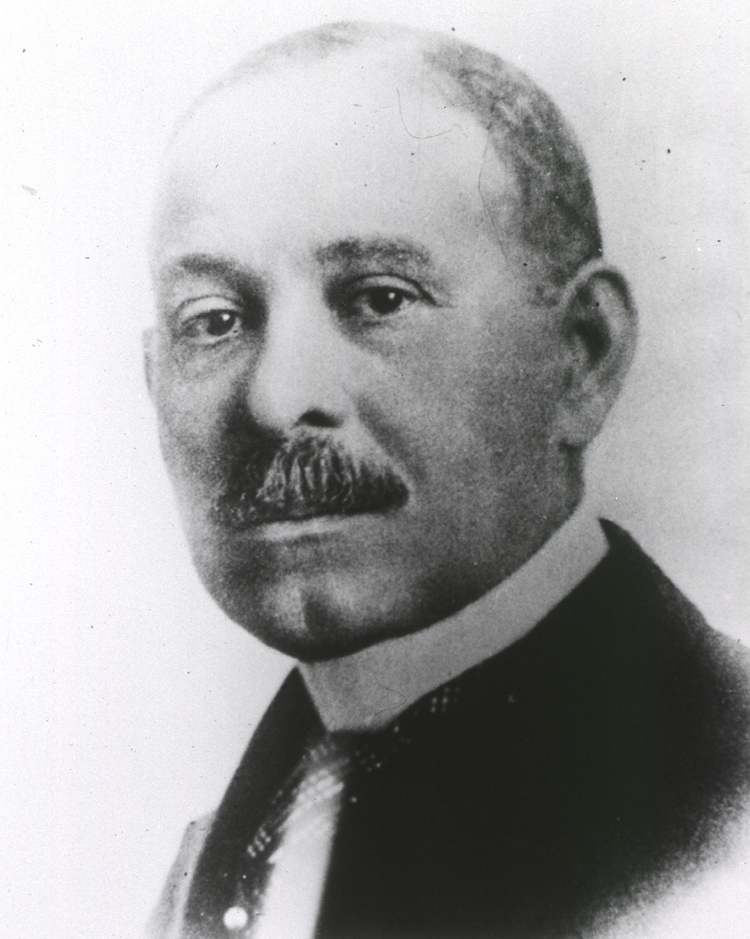
Daniel Hale Williams III was born on January 18, 1856, in Hollidaysburg, Pennsylvania, to Sarah Price Williams and Daniel Hale Williams II. The couple had several children, with the elder Daniel H. Williams inheriting a barber business. He also worked with the Equal Rights League, a black civil rights organization active during the Reconstruction era.After the elder Williams died, a 10-year-old Daniel was sent to live in Baltimore, Maryland, with family friends. He became a shoemaker’s apprentice but disliked the work and decided to return to his family, who had moved to Illinois. Like his father, he took up barbering, but ultimately decided he wanted to pursue his education. He worked as an apprentice with Dr. Henry Palmer, a highly accomplished surgeon, and then completed further training at Chicago Medical College.
Williams set up his own practice in Chicago’s Southside and taught anatomy at his alma mater, also becoming the first African-American physician to work for the city’s street railway system. Williams—who was called Dr. Dan by patients—also adopted sterilization procedures for his office informed by the recent findings on germ transmission and prevention from Louis Pasteur and Joseph Lister.
Due to the discrimination of the day, African-American citizens were still barred from being admitted to hospitals and black doctors were refused staff positions. Firmly believing this needed to change, in May 1891, Williams opened Provident Hospital and Training School for Nurses, the nation’s first hospital with a nursing and intern program that had a racially integrated staff. The facility, where Williams worked as a surgeon, was publicly championed by famed abolitionist and writer Frederick Douglass.
In 1893, Williams continued to make history when he operated on James Cornish, a man with a severe stab wound to his chest who was brought to Provident. Without the benefits of a blood transfusion or modern surgical procedures, Williams successfully sutured Cornish’s pericardium (the membranous sac enclosing the heart), becoming the first person to perform open-heart surgery. Cornish lived for many years after the operation.
In 1894, Williams moved to Washington, D.C., where he was appointed the chief surgeon of the Freedmen’s Hospital, which provided care for formerly enslaved African Americans. The facility had fallen into deep neglect and had a high mortality rate. Williams worked diligently on revitalization, improving surgical procedures, increasing institutional specialization, allowing public viewing of surgeries, launching ambulance services and adding a multiracial staff, continuing to provide opportunities for black physicians and nursing students.
And in 1895, he co-founded the National Medical Association, a professional organization for black medical practitioners, as an alternative to the American Medical Association, which didn’t allow African-American membership.
Williams left Freedmen’s Hospital in 1898. He married Alice Johnson, and the newlyweds moved to Chicago, where Williams returned to his work at Provident. Soon after the turn of the century, he worked at Cook County Hospital and later at St. Luke’s, a large medical institution with ample resources.
Beginning in 1899, Williams also made annual trips to Nashville, Tennessee, where he was a voluntary visiting clinical professor at Meharry Medical College for more than two decades. He became a charter member of the American College of Surgeons in 1913.
Daniel Hale Williams experienced a debilitating stroke in 1926 and died five years later, on August 4, 1931, in Idlewild, Michigan.
Today, Williams’s work as a pioneering physician and advocate for an African-American presence in medicine continues to be honored by educational institutions worldwide.
Stray Toasters
- A crack in civil rights law? Some justices think so
- Van Cliburn, pianist ‘who conquered Russia,’ dies at 78
- Control the Chaos with ‘Secrets of Happy Families’
- Robert Downey Jr. Says Being Recast as Iron Man Would “Probably Be The Best Thing in the World”
- Fun (and funny) LEGO pictures
- Pope Benedict XVI in final address: ‘Pray for me’
- I just had a conversation with my senior manager (a couple of steps up the ladder from me) about model railroads and trains. That was an unexpected fun spot in the middle of the day.
- Children Toil in India’s Mines, Despite Legal Ban
- Nostalgia vs. Narrative: A Series of Adventure Game Letters
- Beer Map: Two Giant Brewers, 210 Brands
- Fed Defends Stimulus in Testimony to Senate
Namaste.

